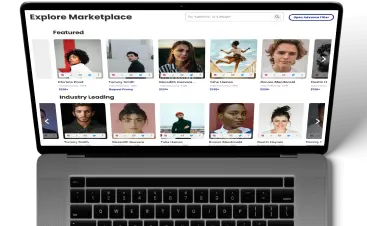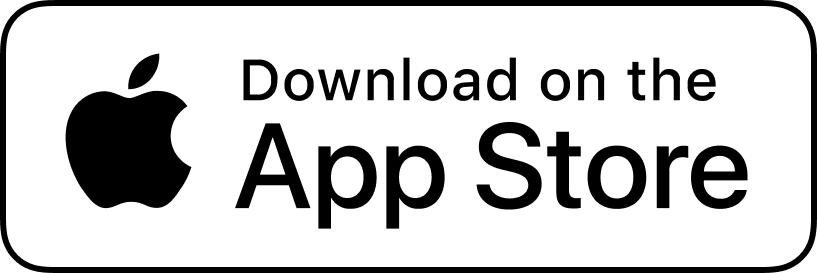What Is Content Marketing?
Content marketing is a strategic approach focused on creating and distributing valuable, relevant, and consistent content to attract and engage a target audience. Unlike traditional advertising, which directly promotes products or services, content marketing aims to provide informative, entertaining, or educational content that addresses the audience’s needs, interests, and pain points.
Content marketing on social media involves leveraging social networking platforms such as Facebook, Instagram, Twitter, LinkedIn, and YouTube to create and distribute content that resonates with the target audience. This content may include blog posts, articles, videos, infographics, podcasts, and other multimedia formats tailored to social media users’ specific characteristics and behaviors.
Content marketing aims to attract and retain a clearly defined audience by delivering valuable and relevant content that addresses their needs and interests. By providing informative and engaging content, content marketers aim to build brand awareness, establish credibility and authority, foster trust and loyalty, drive website traffic, generate leads, and convert audience members into customers or clients.
Content Marketing Is Essential For Several Reasons:
- Builds Brand Awareness: Content marketing helps businesses increase brand visibility and recognition by consistently delivering valuable and relevant content to their target audience.
- Establishes Credibility and Authority: By sharing insightful and informative content, businesses can position themselves as thought leaders and industry experts, earning the trust and respect of their audience.
- Engages and Educates Audience: Content marketing enables businesses to meaningfully engage with their audience, providing them with valuable information, solutions to their problems, and entertainment that keeps them returning for more.
- Drives Website Traffic and Leads: High-quality content attracts visitors to a company’s website or landing pages, driving organic traffic and generating leads through calls-to-action (CTAs), lead magnets, and email sign-ups.
- Supports Customer Retention and Loyalty: Content marketing helps businesses maintain ongoing relationships with existing customers by providing them with relevant and valuable content that keeps them engaged, informed, and loyal over time.
Getting Started:
- Define Your Audience: Identify your target audience, including their demographics, interests, pain points, and preferences, to create content that resonates with their needs and interests.
- Set Clear Goals and Objectives: Determine what you want to achieve with your content marketing efforts, whether it’s increasing brand awareness, generating leads, driving website traffic, or boosting sales.
- Develop a Content Strategy: Create a comprehensive content strategy that outlines the types of content you’ll create, the topics you’ll cover, the platforms you’ll use, and the goals you’ll pursue.
- Create High-Quality Content: Develop valuable, relevant, and engaging content that addresses the needs and interests of your target audience, focusing on quality over quantity.
- Distribute and Promote Your Content: Share your content across various channels, including social media, email marketing, blogs, and other digital platforms, to reach your audience and drive engagement.
- Measure and Analyze Results: Track key performance metrics such as website traffic, social media engagement, lead generation, and conversion rates to evaluate the effectiveness of your content marketing efforts and make data-driven optimizations over time.
Check out some other terms you may encounter in the Creator economy here.








